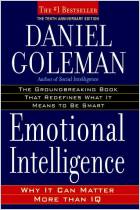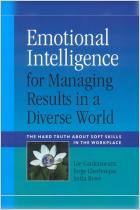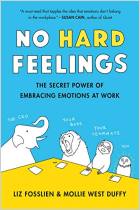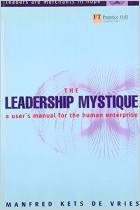
The Emotionally Intelligent Manager
How to Develop and Use the Four Key Emotional Skills of Leadership
Recommendation
It’s rare for a business book to offer first-hand, practical advice from a thinker who has revolutionized academic thought in his field. Here, that thinker is co-author Peter Salovey, the pioneer who invented the concept of emotional intelligence. Salovey provides a practical, application-oriented guide. With co-author David R. Caruso, he shows you how to take the idea of emotional intelligence - that emotional well-being and wholeness are at least as essential as intellectual capacity - and use it to do something truly relevant: create emotionally intelligent managers. The authors thoughtfully steer away from the superficial, self-help genre pitfall that purports to offer an easy one-book panacea. Instead, they offer a series of case studies and interactive exercises that may help even the most hard-hearted executive become less emotionally challenged. getAbstract gives this book its highest recommendation; it’s a gift to those toiling in the emotionally barren modern workplace.
Summary
About the Authors
Peter Salovey, dean of Yale University’s Graduate School of Arts and Sciences, is the Chris Argyris Professor of Psychology at Yale and president of the Society for General Psychology. A leading authority on the psychological consequences of emotion, he was founding editor of the Review of General Psychology. David R. Caruso is a management psychologist and research affiliate in the Department of Psychology at Yale. He is a consultant and seminar leader who specializes in executive coaching, career assessment and leadership development.






















Comment on this summary